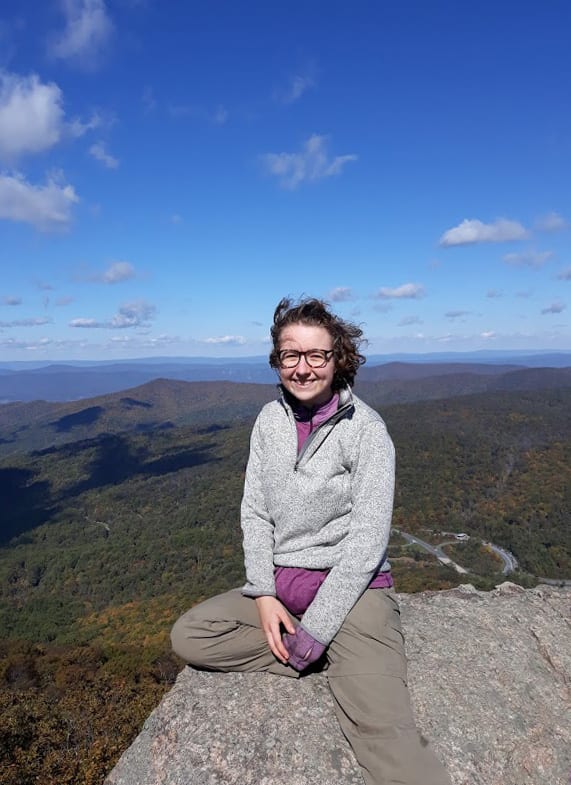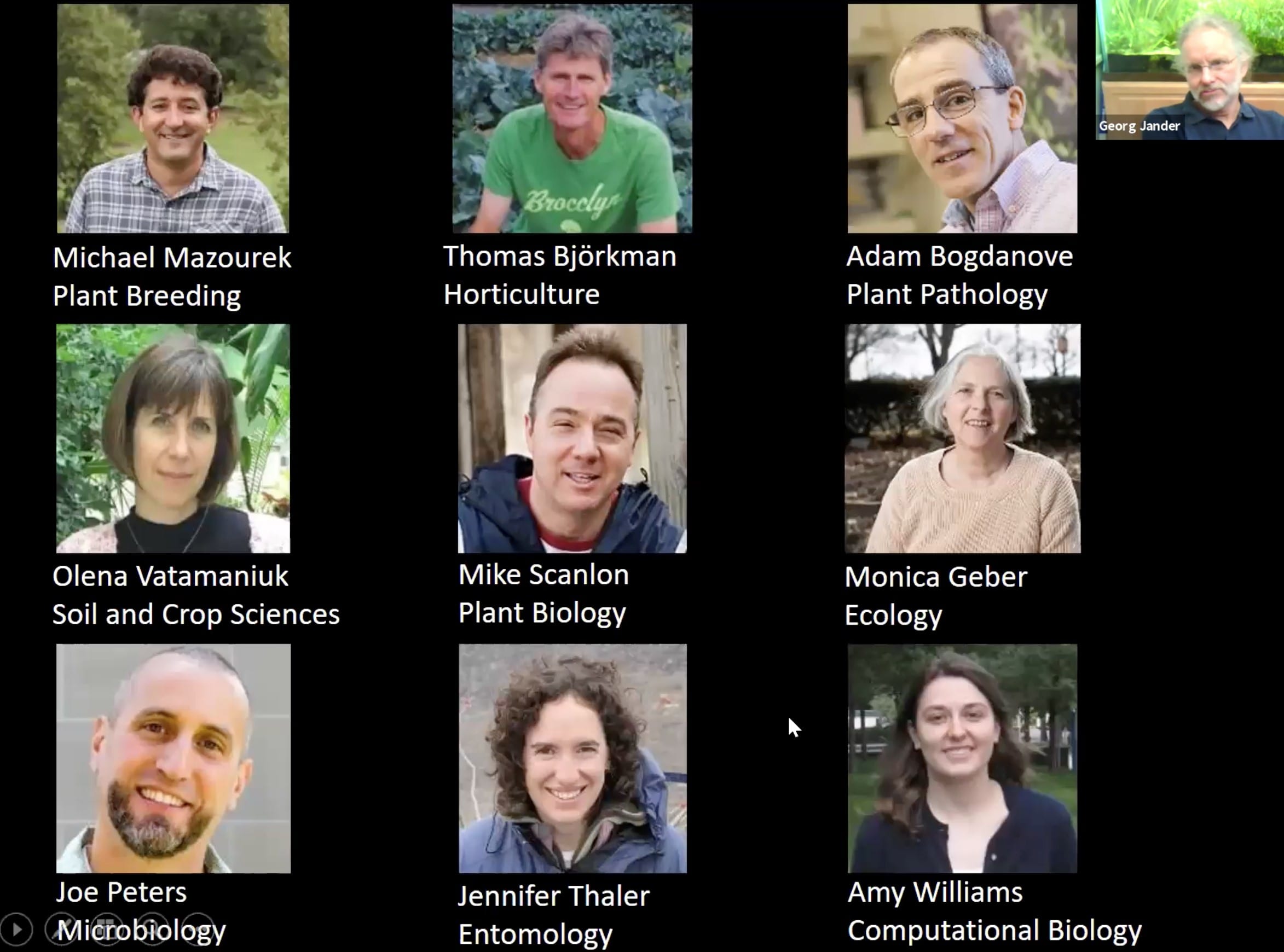News
Summer Intern Blog Weeks 3 & 4: Demystifying Grad School

BTI summer intern Emily Humphreys enjoys not thinking about grad school in Shenandoah National Park.
For a long time, I’ve avoided thinking about grad school. It’s not too hard to do at my small, undergrad-only college. During my first few years, it simply didn’t seem relevant. I was focused on athletics, classwork, and research. Graduate studies seemed like a distant star, fun to ponder once in a while as I looked up at the night sky, but otherwise not particularly relevant. As I transitioned to an upper classman though, my inattention became less unintentional.
Every once in a while, I would break out my laptop, determined to do some research into graduate school programs only to be quickly overwhelmed. I would leave the tabs open for months, promising myself I would get back to them. After reflecting on why this might be, I’ve come to realize there are many reasons I avoided thinking about grad school. On one hand, I avoided it because there are so many aspects of biology I enjoy, and committing to one feels like abandoning the others. At the same time, thinking about life after college forces me to acknowledge that my undergraduate life is quickly coming to an end. Most of all, I avoided thinking about grad school because the future is uncertain and that can be frightening.
—
When I first saw, “Networking Roundtable with Cornell & BTI grad students and postdocs” on the BTI Virtual Professional Development Series schedule, I wasn’t really sure what to expect. I joined the Zoom meeting a few minutes early and watched faces and names slowly pop on screen until a giant collage of my peers had spread out before me. We didn’t stay in the large meeting for very long though; quickly we broke off into breakout rooms, each with around ten students and two or three grad students and postdocs.
We were able to spend the next hour asking questions about everything from how to gain skills in the computer programming language R, to how to pick a lab, to what a typical day as a grad student looks like. I really appreciated the small group setting. It gave me a chance to learn about the postgrads on a more personal level. Listening to their experiences and interests made grad school feel human to me for the first time. I have always thought of graduate school as an abstract concept, yet here were real people who had committed to research and learning.
A few days after the roundtable, we had the chance to hear Dr. Adrienne Roeder from the School of Integrative Plant Science at Cornell University speak about her work with plant development. Her research centers around the question of how plant organs regulate their size. Often the best way to find out how something works is to break it, and that’s exactly what Dr. Roeder’s lab did. By studying a mutant with variation in the size of its sepals, an organ that surrounds and protects flowers, she was able to find that carefully timed increases in certain plant hormones allowed for the sepals to all start growing at once. This helps ensure consistent sepal size in the fully developed flower.
In addition to talking about her research, Dr. Roeder also spent a lot of time talking about her path to becoming a scientist. She took us through her experiences in high school, college, and grad school as a way of showing us how her skills and interests developed. She also stressed the importance of finding mentorship, collaboration, and curiosity as you navigate the world of STEM. It’s easy to imagine that great scientists are born in lab coats, so it was really valuable for me to hear about her progression. Seeing her journey made it easier to start thinking about my own.

A screenshot of a Zoom panel with BTI’s Georg Jander and representatives from nine departments in Cornell University’s School of Integrate Plant Science, who introduced their sections and talked about the grad school admissions process.
A week after hearing Dr. Roeder speak, it was time for me face what I’d been avoiding for so long. We were invited to attend a panel on Cornell’s graduate school. Representatives from nine departments in the School of Integrate Plant Science took turns introducing their section and talking about the admissions process. At my school, I can count the number of students who study plants on my fingers, so it was amazing to hear about the robust, interconnected plant science community at Cornell. Though each program is different, the presenters each focused on some of the same things. They are not looking for a flawless candidate, but rather are looking for students who are well-rounded, dedicated, and curious; people who will ask interesting questions and advance the field. If you have nothing to new learn, then why return to school? After the info session, we split off into breakout rooms and each had a chance to learn more about the programs that caught our interest. I left with new information, hopes, and curiosities.
—
To be perfectly honest, I’m still a bit intimidated by the thought of grad school, but I think that’s okay. It’s a big change and a big commitment. At the same time, these past few weeks have showed me it’s also a chance to continue learning, to ask questions and work with others find answers, and to gain skills I can use in whatever I choose to pursue. As is so often the case, learning about something has helped to make it less frightening and more real. I’m confident I’m not going to avoid thinking about grad school anymore. I’m ready to keep moving forward, even if I’m not exactly sure what lies ahead.


